Why Isn’t My Compost Breaking Down?
Updated Oct. 7 2020, 11:15 a.m. ET
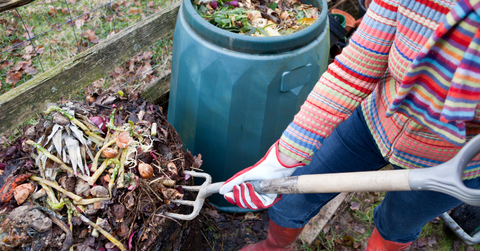
Ah, compost problems. You’re making an effort to put your food scraps to work, but it’s not exactly working. It can be frustrating, but you’re not alone!
Composting seems pretty straight-forward, and it can be, but there are a few possible reasons behind why your compost isn’t breaking down. Let’s take a look at potential issues, their causes, and the simple steps you can take to get back on track.
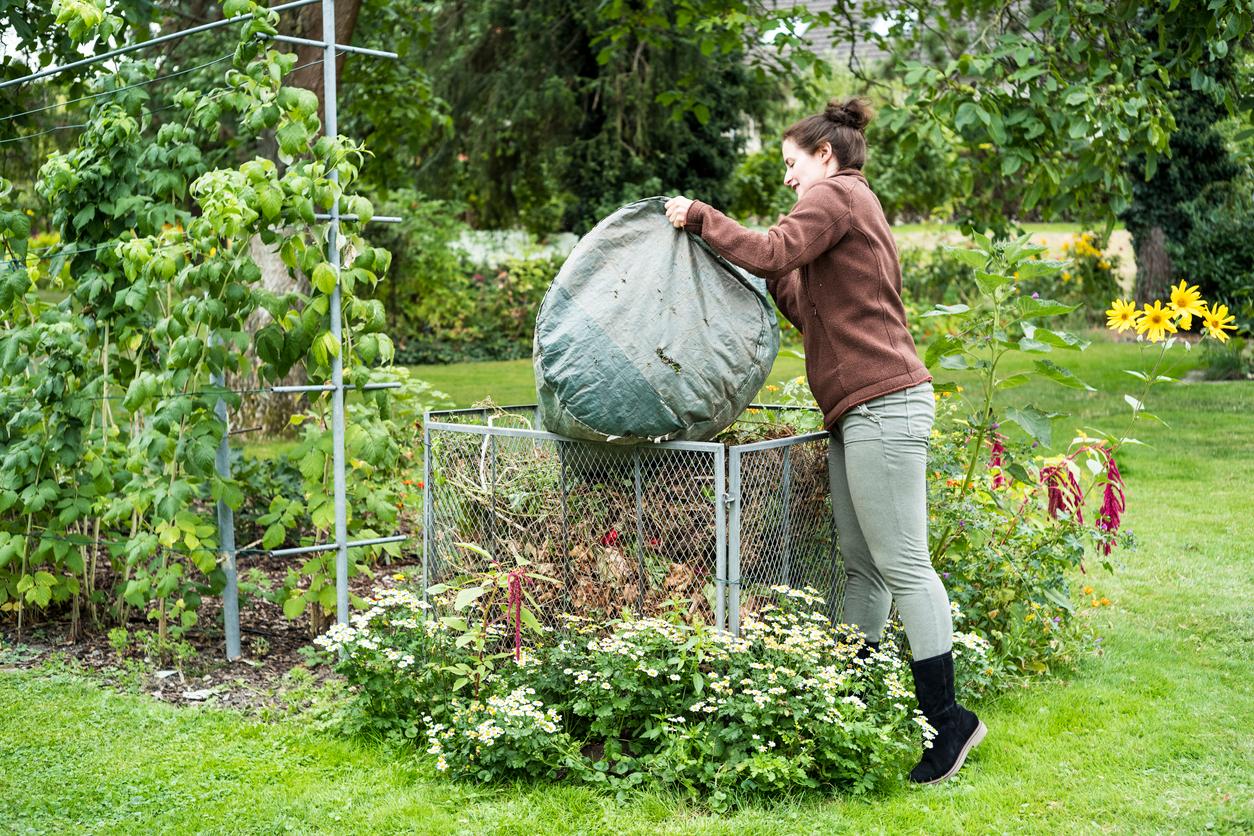
Here’s how to tell your compost isn’t breaking down.
If you’re reading this, you’ve probably already noticed one of the tell-tale signs that your compost isn’t breaking down properly. Compost is decomposed organic matter, and the end result is nutrient rich, dirt-like material that acts as a powerful fertilizer, improves soil quality, and keeps food waste out of landfills.
So if your compost pile is just sitting there and nothing is happening, you can be sure that there’s an issue with the breakdown.
Consider this: “Fast compost” can be made in as little as 14 days, and regular takes a few months, sources say. So as time passes and your compost pile isn’t turning dark and earthy, it may be time to troubleshoot.
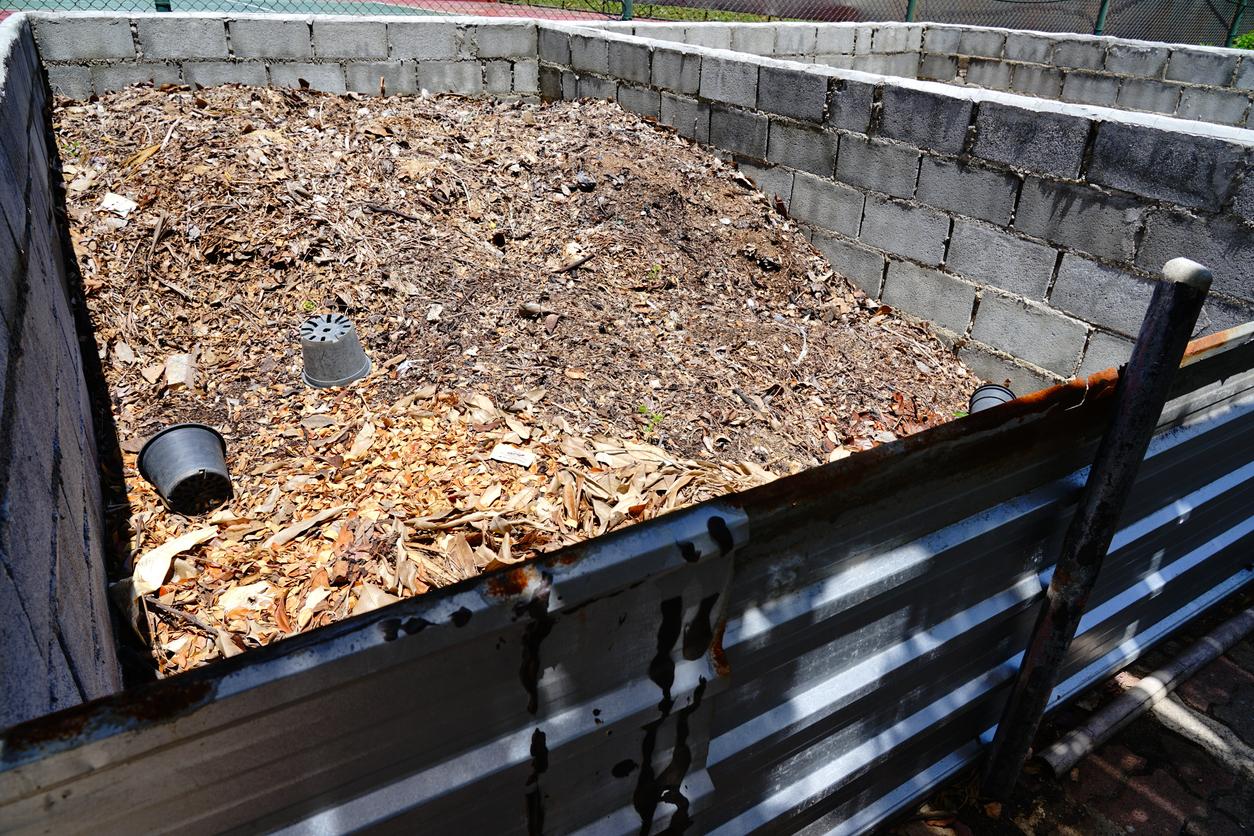
Know the top three reasons for breakdown issues.
Once you know the issue that’s keeping your pile from composting, correcting it can be simple. But first, you have to determine what’s going on — and recognizing three common compost breakdown issues is the first step in doing so.
Here’s what may be happening:
- Your pile isn’t getting enough air.
- Your pile is too dry.
- You need to balance the mixture.
You may be able to uncover the problem by considering your compost caretaking routine. For example, if you’ve never watered your compost pile or do it rarely, you’ll want to check the moisture content. If your compost bin is air-tight or the pile is matted down, it isn’t breathing, a change in ventilation is in order. And if you can rule out moisture and airflow problems, consider shaking up your materials mixture.
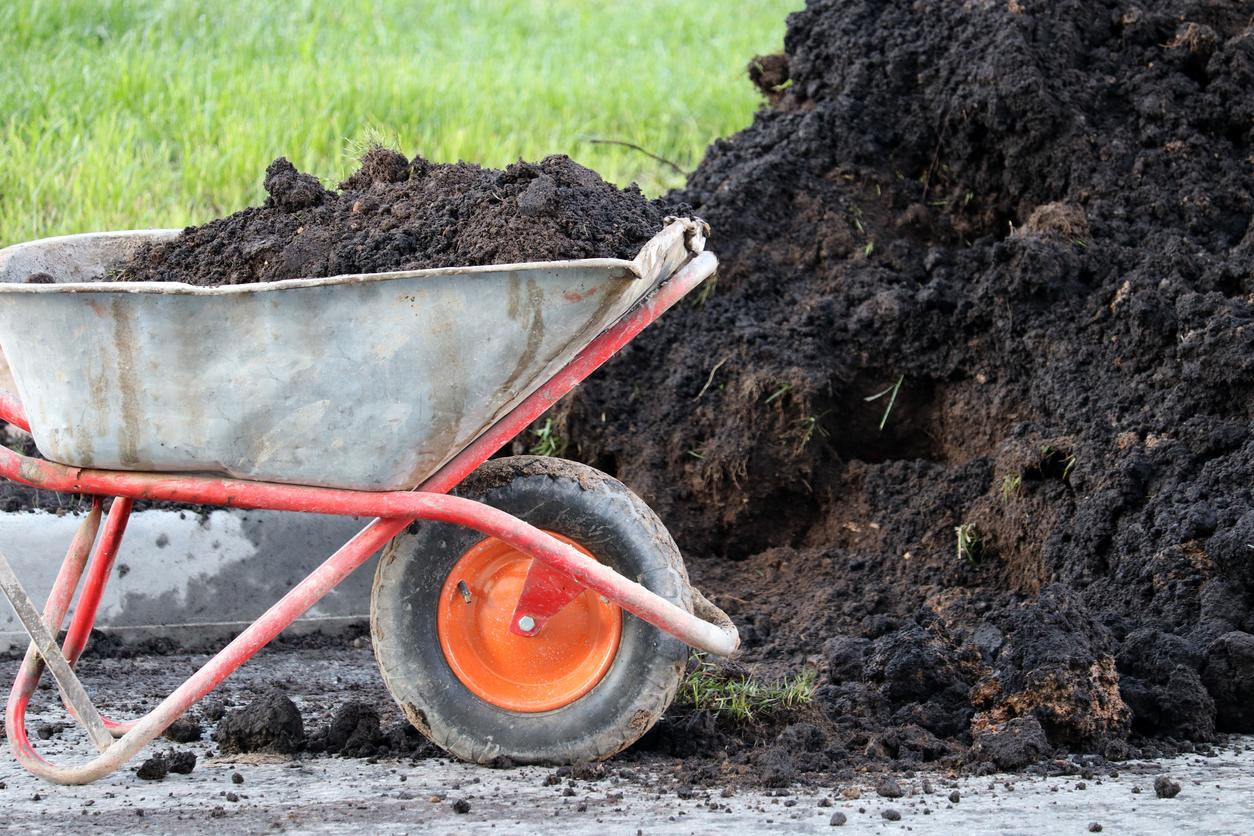
Ready to troubleshoot your compost issues? Here’s how.
Let’s take a look at correcting each of the breakdown culprits we covered to get your compost pile on the path to healthy breakdown.
- If your pile isn’t getting enough air, make sure your compost bin is ventilated and you’re turning the pile regularly — whether it’s in a bin or not. Aeration is essential. Even if it’s getting enough airflow on the top, the oxygen supply at the bottom gets depleted in time. It must be restored regularly to keep those healthy organisms growing.
- If your pile is too dry, it’s important to know that proper moisture fuels the entire composting process, as the UC Master Gardeners of Monterey Bay share. There’s still hope for your compost pile if it’s dry and dusty. Ideally, your compost pile should feel as wet as a damp sponge, and keeping its moisture level consistent is key to composting success. Another rule of thumb is that your compost is at the ideal moisture level if you can squeeze a drop of water out of a handful of compost.
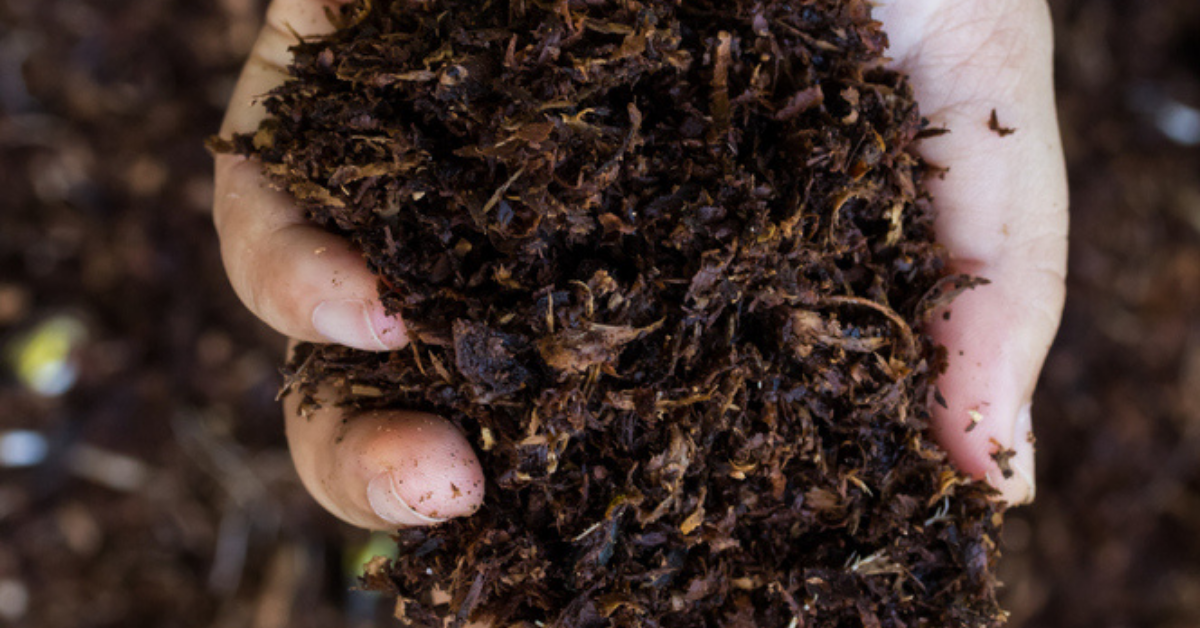
- If you suspect a mixture balance issue, make sure you’re minding the “green to brown ratio” or “brown green balance” that composters live by. “Green matter, such as grass or clover clippings and any legume debris, is nitrogen-rich. Brown matter, such as dry fallen leaves and chopped straw or hay, is carbon-rich. Mix these in a ratio of 2:1, green to brown, for a well-balanced compost pile,” the Azure Standard shares.
Let’s build on this last composting issue because it’s a bit more complex than the first two. Your compost pile’s mixture balance is important because it refers to its carbon to nitrogen ratio, which is vital to its success.
As EarthEasy explains, “Brown green balance is a term used to describe the ratio of two necessary elements needed in the decomposition process: carbon and nitrogen."
"Microbes prefer a carbon to nitrogen (C:N) ratio of 30:1 to do their best work. The “browns” (or carbons), include leaves, dry grasses, straw, pine needles, or sawdust.”
“The greens are nitrogen rich materials like grass clippings, kitchen waste, or manures...A good rule of thumb when eyeballing your compost is two browns to every green.”

Be aware of other composting pitfalls, too.
Some other composting problems can get in the way of the process, including:
- Foul smells, which may indicate your pile is too wet or has too much nitrogen.
- Attracting rodents and animals, which can indicate an issue with what you’re adding to the pile.
- Not heating up (a function of the right carbon to nitrogen balance), which may be a matter of size. Compost piles should generally be minimum of 3’ high by 3’ in circumference, and in winter, a minimum of 5’ x 5’, experts say.
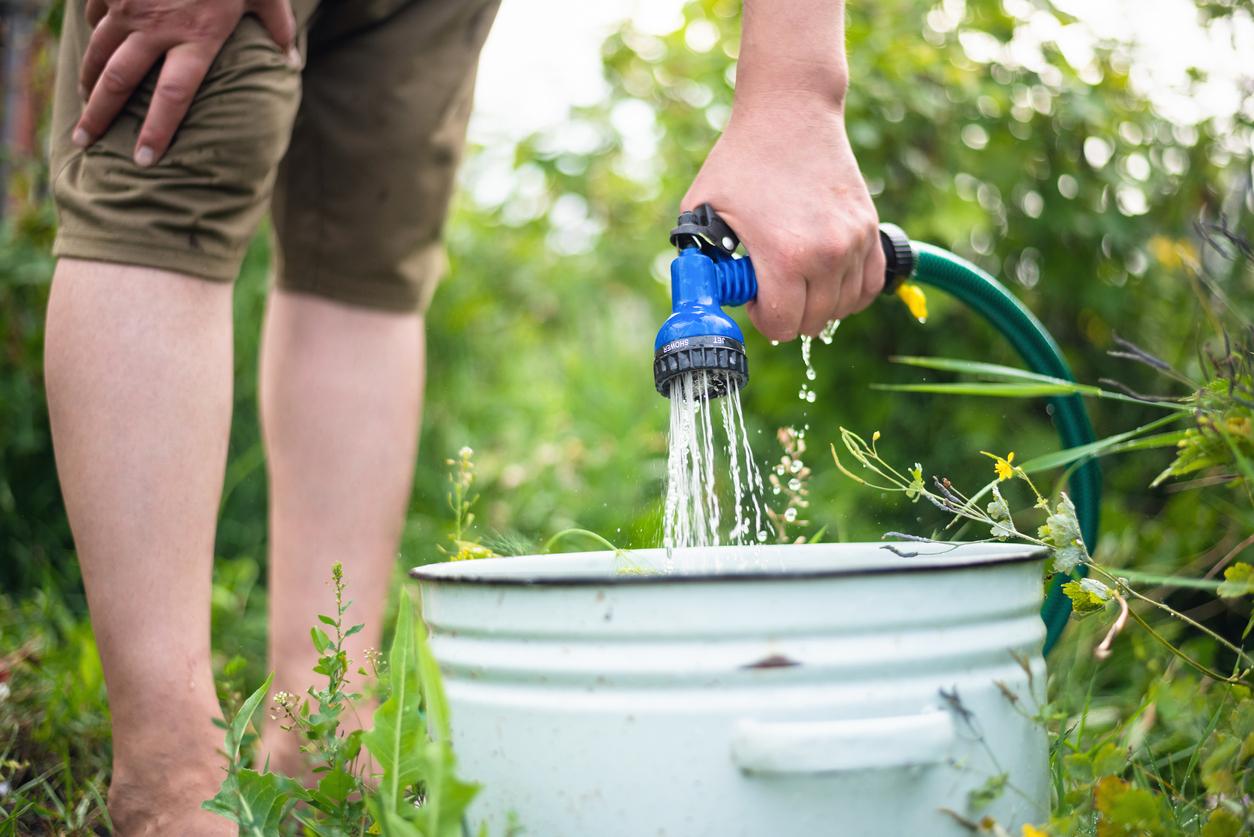
While composting isn’t complex, it does rely on simple science to work. Remember that composting breakdown issues — and other composting problems — are common. It's no need to be discouraged, and they're usually easy to fix, with a little TLC. You’ve got this!